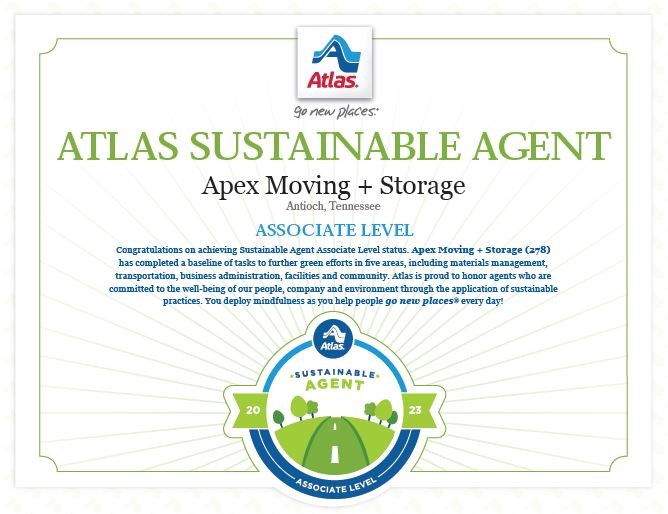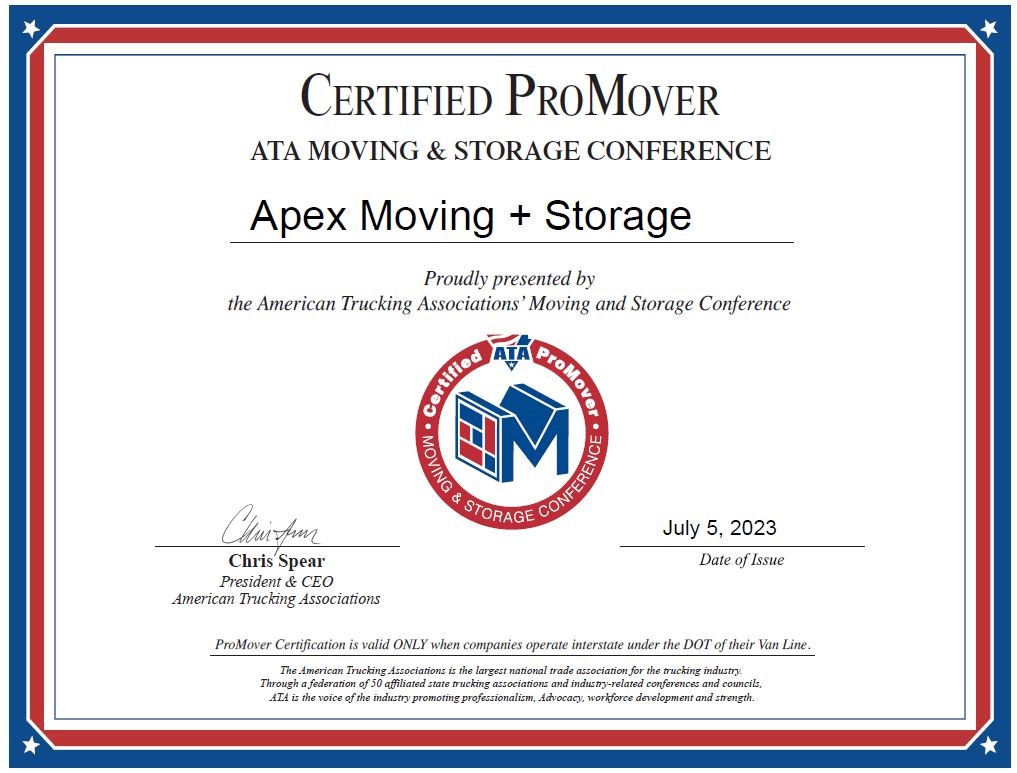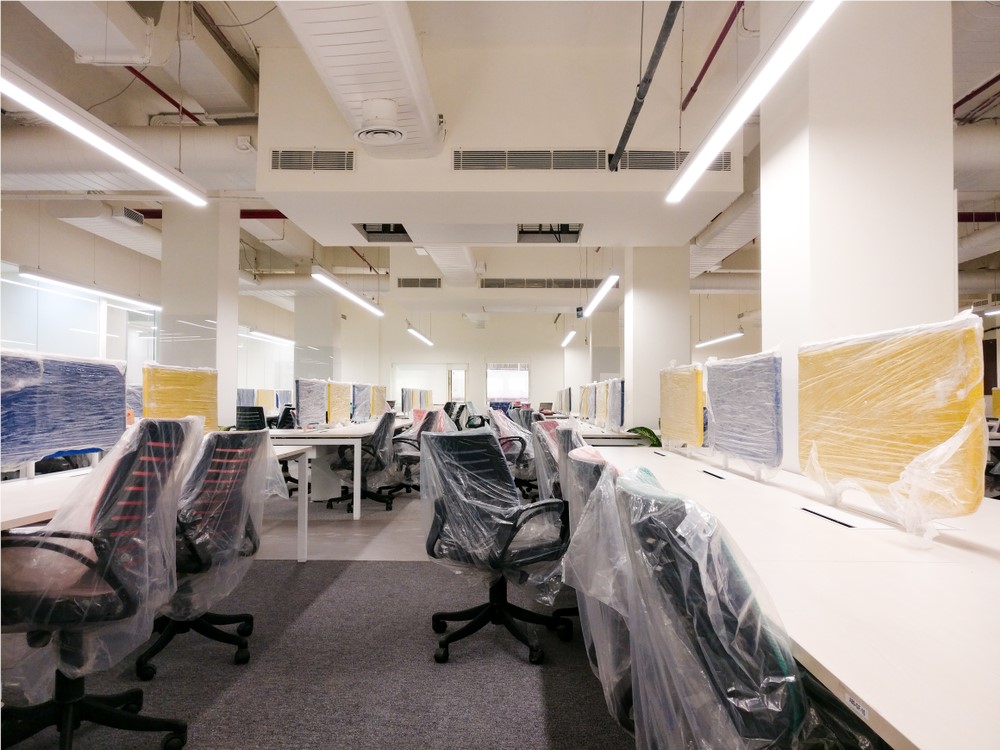
Dozens of cranes fill the skyline and unemployment is quickly dropping from record pandemic highs as the commercial real-estate market booms, according to Colliers Index Nashville, a leading regional analysis of the overall economy's performance.
Tens of thousands of new jobs are on tap, fueled by the area's increasing popularity with large corporations and big-city transplants.
"The data shows that we survived the storm that was 2020 and the outlook remains incredibly bright for Nashville," said Janet Sterchi, partner at Colliers International. "If the pandemic taught us anything it's that people have a choice where they want to live. And Nashville is on the winning end."
The strong and quick recovery has brought the region's overall health back to 2019 levels in key areas, according to the Index.
Nashville Yards: Nashville Yards announces new developer, details at entertainment district
But the jump in new business is hitting up against a housing market with little supply and ballooning prices.
Middle Tennessee home values are up 14% over June 2020 and 1.9% higher than May 2021, according to Zillow. Rents are up year-over-year nearly 9%.
Rising costs will continue to exacerbate affordable housing deficiencies, analysts said.
"We created so many jobs and attracted so many people, we don't have enough homes for them all," said Pinnacle Financial Partners Chairman Rob McCabe. "A lot of people could get left behind and a lot of jobs could go unfilled. That's our only red caution flag."
Jobs outpace homes
Californians, Chicagoans, New Yorkers and others bumped up their interest in the greater Nashville area during the pandemic.
Employers, meanwhile, followed the talent with office relocations. Most notably, Amazon is gearing up to fill its new downtown office tower and Oracle is constructing a $1.3 billion campus.
Nashville is second only to Austin in fastest post-pandemic employment growth among major metros, according to Katie Lester, Colliers Nashville research director.
"We are outpacing metros from across the U.S.," Lester said. "This bodes extremely well for Nashville's commercial real-estate market. This is an indicator of what's to come."
But new housing construction lags severely.
There were an average 1.7 new jobs available for every new housing unit in Middle Tennessee in the decade ending in 2019, according to a new Manhattan Institute study.
Since then, an influx of high-paid new jobs exacerbated the loss of affordable housing and continues to concentrate most wealth downtown.
"We all recognize the needs outside the urban core to keep the city livable and attainable," McCabe said. "The challenge we see is that the average salary of many of our new corporate neighbors is north of $100,000. That's well above what most Nashville workers make on average."
Office market still tentative
The growth of hometown bank Pinnacle Financial Partners has paralleled the city's rapid development, as the company helped finance much of it.
The bank has amassed more than $35 billion in assets since launching in 2000
Pinnacle will move from its original SoBro offices to a high-profile new headquarters in the 18-acre Nashville Yards development between the Gulch and downtown.
McCabe said the move is to remain in a central location while getting farther away from the downtown core's increasingly wild parties. It will neighbor Amazon's two-tower campus.
But it's also to set the company up for an even more lucrative future.
"Nashville Yards is at the center of one of the most significant economic development projects in Tennessee history," McCabe said. "We look at COVID as a disruption, not a cyclical trend, that is rapidly diminishing."
While Pinnacle employees are back in the office, many downtown employees are still working at home.
Analysts remain unsure how that trend will play out, though McCabe believes most local workers will be back in the office this fall. About 57% of downtown workers have returned to their offices, according to Nashville Downtown Partnership.
"We're closely monitoring the vacancy rates of office space, which have gone up," McCabe said. "I think credit will be available for office, though perhaps it will be under more scrutiny until we see where this lands on work-from-home."
Despite the challenges, Nashville is pushing forward.
Commercial building permits, which hit a record high value of $2.85 billion in 2020, are booming. There were 47% more permits issued in the first quarter of this year compared to the end of 2020, according to Colliers.
Source: www.tennessean.comSubscribe to Apex Moving + Storage's Blog








Comments